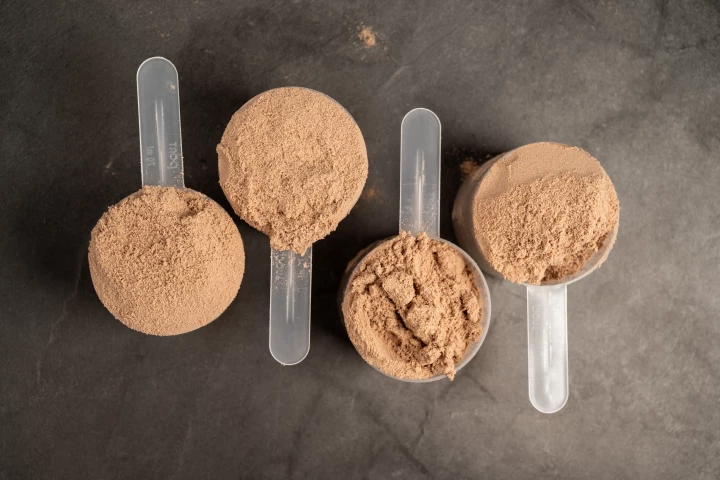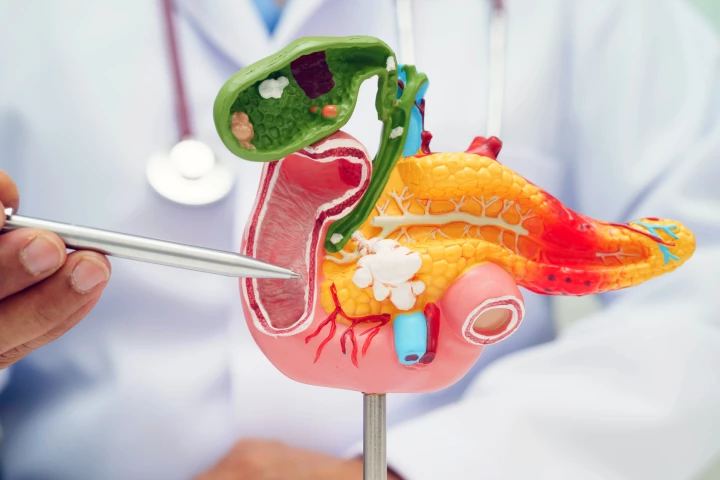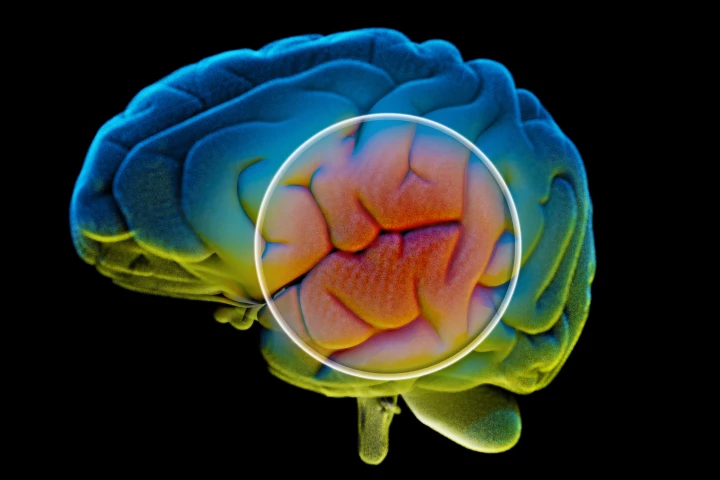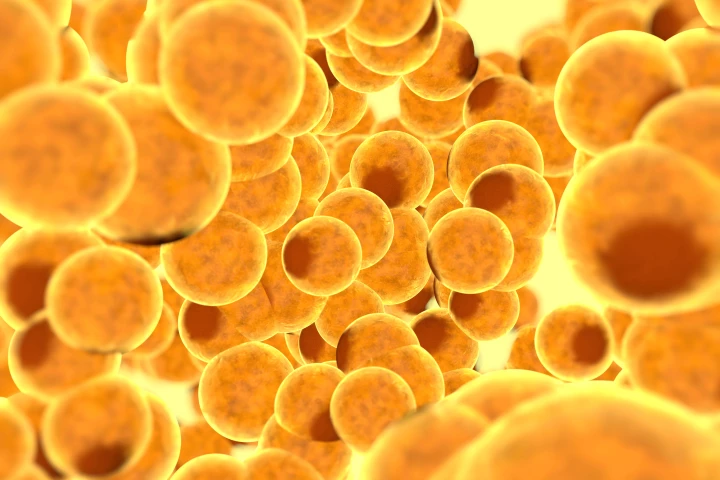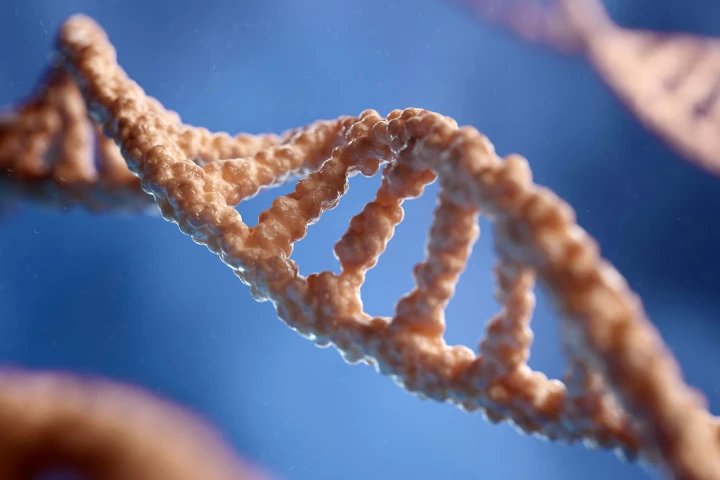Protein
-
For some time, we've known that it's rare to see people with both cancer and Alzheimer's diseases. Now, scientists believe they may have found why, discovering a molecule in cancer cells that clears problem proteins from the brain.
-
Using chemical clues from Neanderthal bones, researchers have placed them at the top of the food chain, alongside apex predators like lions. However, until now, experts have been missing out on one of their key, fat-rich, food sources: Maggots.
-
Your next favorite true crime podcast might have some new forensics jargon to make sense of. Researchers in Australia have developed a new way to identify humans – similar to how we do with DNA – that could come in handy while investigating crimes.
-
Scientists have made a major breakthrough in understanding how fat cells grow in size, in response to accommodating larger droplets of fat. The findings unlock a new path in tackling obesity, by reducing the amount of fat our cells can store away.
-
Researchers have uncovered a shared brain cell breakdown mechanism behind Alzheimer’s and Parkinson’s diseases, revealing how two different proteins can disrupt neurons in the same devastating way.
-
When choosing a protein powder, we want it to be low in sugar and carbs, and to taste good enough. We don't think that it might also be packed with dangerously high levels of lead – which, a new study finds, is exactly what is in many popular brands.
-
By knocking out a protein duo’s “bodyguard” role, researchers have exposed a hidden weakness in pancreatic cancer. It’s a discovery that could lead to smarter, more effective treatments for one of the deadliest cancers.
-
In a recent study researchers at UC San Francisco sought to identify the molecular troublemakers that cause our brains to age prematurely. Their goal? Find the sneaky agents behind age-related memory decline, and figure out how to stop them.
-
Scientists have identified a protein that acts as a kind of traffic cop for fat inside cells, revealing a mechanism that could help explain how the body regulates energy storage. The discovery provides a new avenue for tackling obesity and diabetes
-
Tiny "hidden" proteins lurking in DNA once dismissed as junk may hold the key to the next generation of obesity drugs, according to a new study that has uncovered dozens of new fat-regulating molecules using cutting-edge gene-editing technology.
-
Forget carrots. Researchers have determined that one of the most common amino acids has the power to keep retinas thick and healthy. The finding has the potential to fight vision loss and blindness through this newly discovered metabolic pathway.
-
Why do elephants, one of the biggest animals on the planet, paradoxically experience unusually low rates of cancer? The question has led scientists to discover these remarkable mammals carry unique genetic variants that reduce their risk of tumors.
Load More





